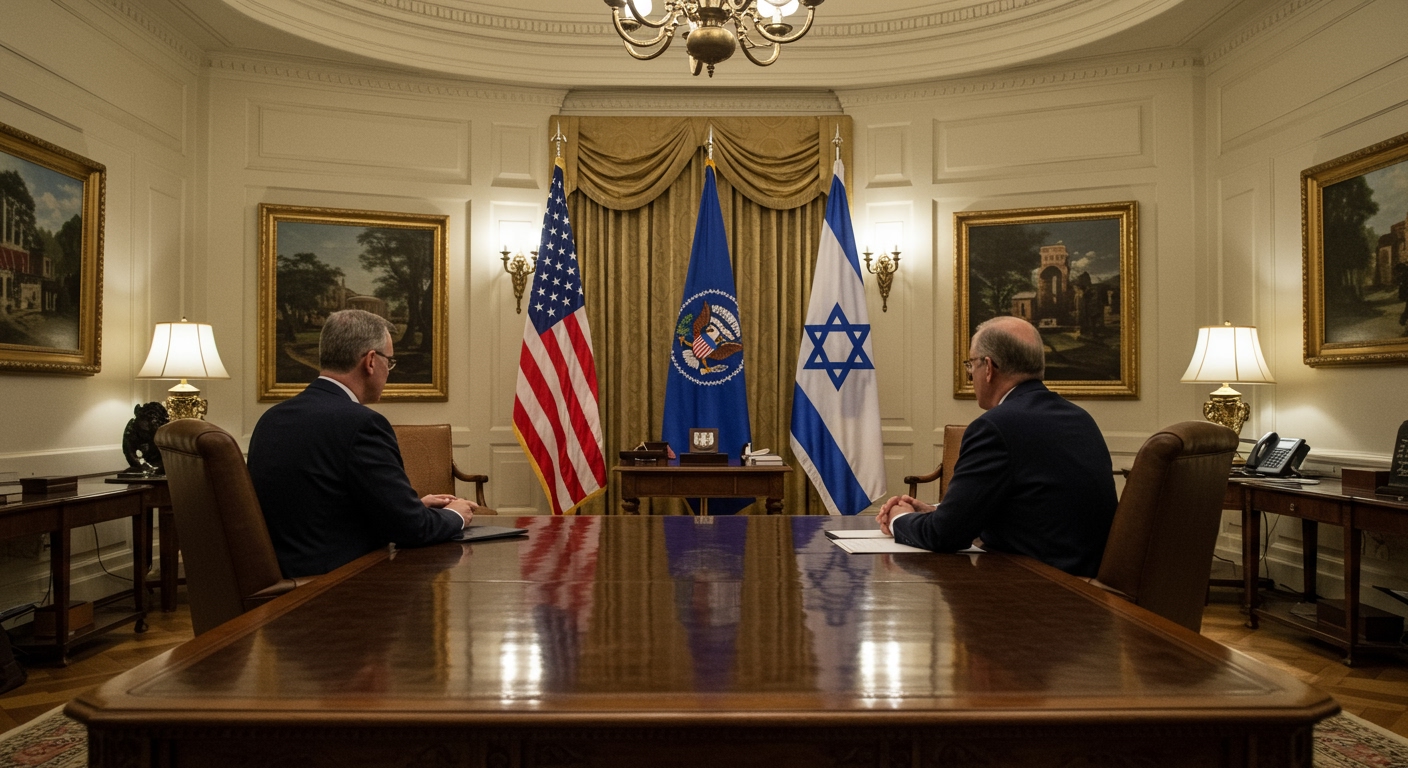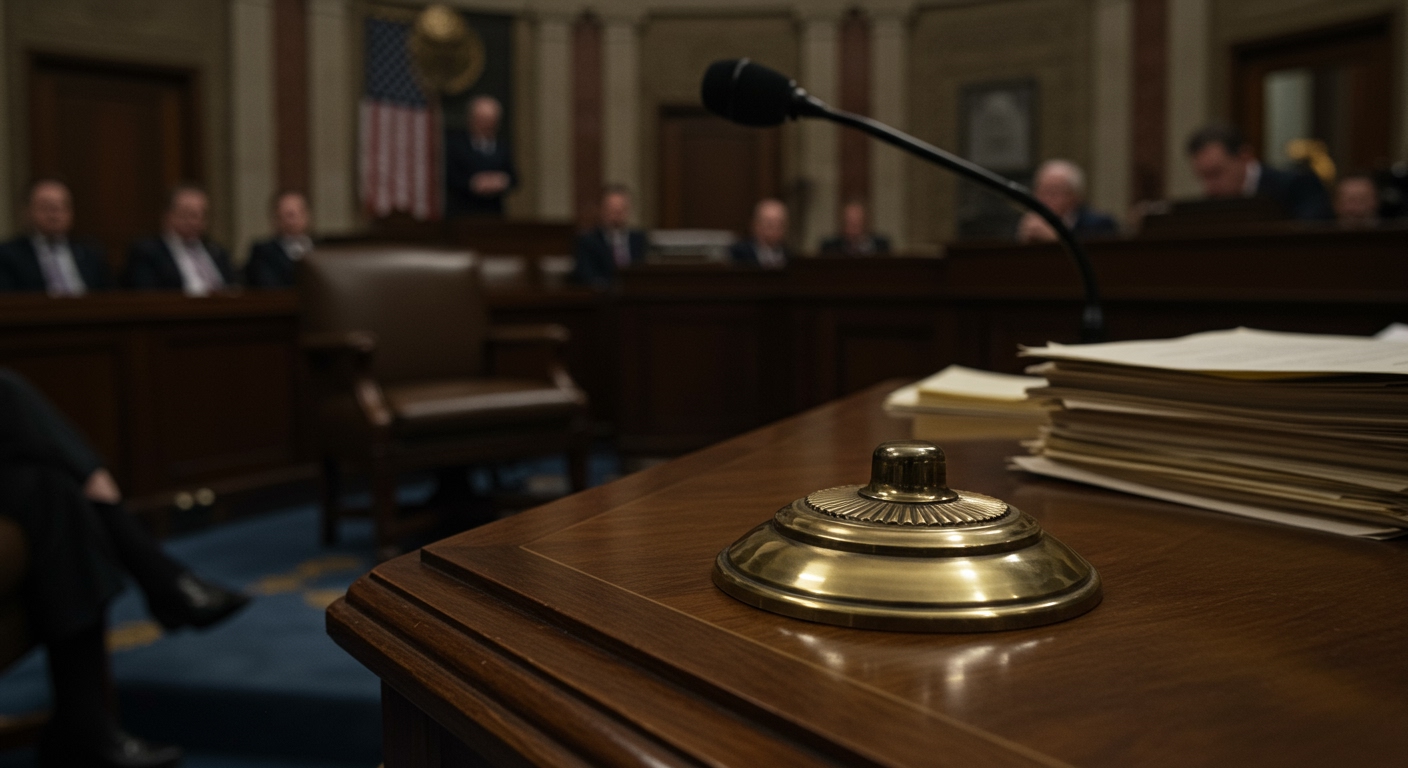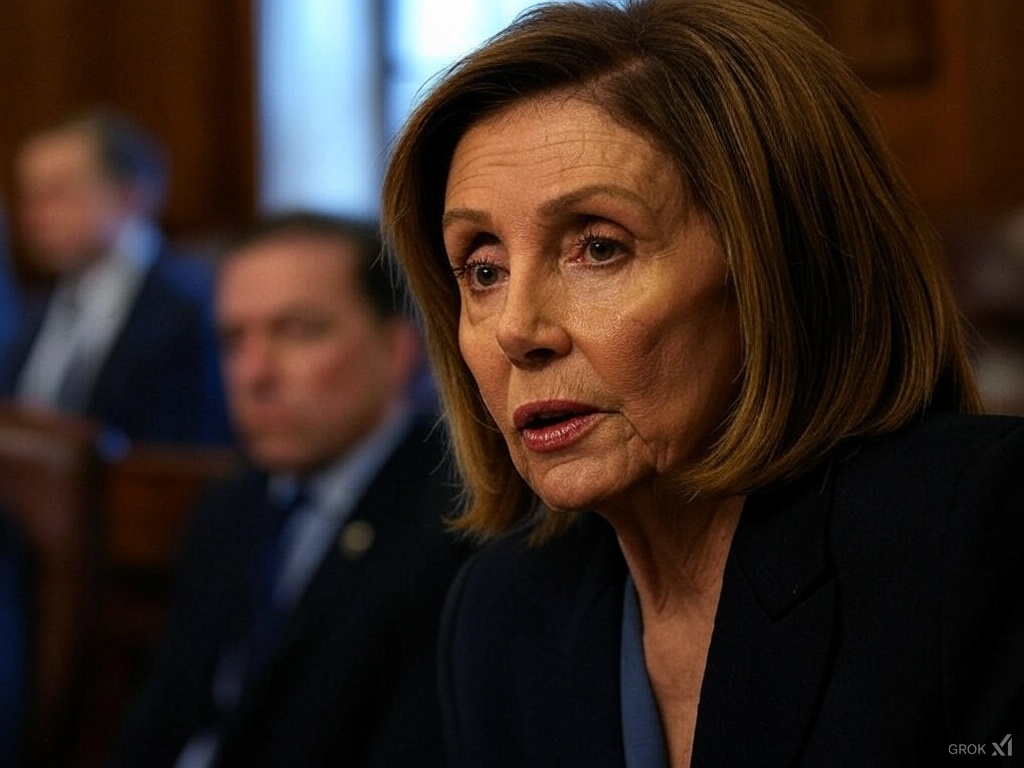Political Fallout: How Tensions Between Trump and Zelenskyy Could Shift U.S. Support for Ukraine
In a dramatic turn of events, the longstanding bipartisan support for Ukraine in the U.S. Congress is facing significant challenges, particularly due to a recent confrontation between Ukrainian President Volodymyr Zelenskyy and former President Donald Trump. This incident has sparked a wave of controversy among lawmakers, potentially jeopardizing the future of U.S. support for Ukraine as it continues to face aggression from Russia. As traditional allies in Congress reassess their positions, the implications of this confrontation could resonate far beyond immediate political circles.
The Background of U.S. Support for Ukraine
Since Russia’s invasion of Ukraine in February 2022, the U.S. has been a pivotal source of military and financial assistance for the Ukrainian government. This support has generally been characterized by a bipartisan consensus, with leaders from both parties emphasizing the importance of upholding Ukraine’s sovereignty and countering Russian aggression. However, as time has passed, the fervor for continued support has begun to wane, especially among some factions of the Republican Party.
The Tense Meeting: What Happened?
President Zelenskyy traveled to Washington with the hope of finalizing a deal that would allow the U.S. to access Ukraine’s mineral resources, a strategic move as President Trump sought to leverage this opportunity to negotiate a peace deal to end the ongoing conflict with Russia. However, during a heated exchange in the Oval Office, tensions escalated between Trump, Zelenskyy, and Vice President JD Vance. This confrontation has led to a shift in tone, particularly among Republican lawmakers, many of whom have previously supported Ukraine.
Responses from Congressional Republicans
The fallout from the meeting has ignited a range of responses from Republican lawmakers. Some have expressed dismay at Zelenskyy’s approach during the talks, while others have seized the opportunity to align themselves more closely with Trump’s “America First” agenda.
- SEN. LINDSEY GRAHAM, South Carolina: Graham described the meeting as a “complete, utter disaster” and expressed pride in Trump’s handling of the situation, stating, “What I saw in the Oval office was disrespectful, and I don’t know if we can ever do business with Zelenskyy again.”
- SECRETARY OF STATE MARCO RUBIO: Rubio praised Trump’s actions, tweeting, “Thank you @POTUS for standing up for America in a way that no President has ever had the courage to do before. Thank you for putting America First. America is with you!”
- HOUSE SPEAKER MIKE JOHNSON, Louisiana: Johnson underscored the need for an immediate cessation of hostilities, stating, “The death and destruction of the Russian-provoked war needs to stop immediately, and only our American President can put these two countries on a path to lasting peace.”
- REP. DON BACON, Nebraska: Bacon lamented the state of America’s foreign policy, asserting, “Ukraine wants independence, free markets, and rule of law. We should be clear that we stand for freedom.”
- REP. MIKE LAWLER, New York: Lawler noted the diplomatic complexities and criticized the public nature of the exchange, calling it “a disaster — especially for Ukraine.”
- REP. BRIAN FITZPATRICK, Pennsylvania: Fitzpatrick expressed heartbreak over the meeting, urging lawmakers to set aside emotions and return to negotiations.
Republican Lawmakers Opposing Ukraine Aid
While some Republicans continue to advocate for Ukraine, others have been more vocal in their opposition to further aid. This re-evaluation is largely driven by a desire for accountability and oversight in U.S. spending.
- SEN. JOSH HAWLEY, Missouri: Hawley criticized the lack of oversight on U.S. aid, stating, “The U.S. Senate has repeatedly voted BILLIONS of taxpayer dollars to Ukraine with no strings attached and with no true oversight. It’s time for some ACCOUNTABILITY.”
- SEN. MIKE LEE, Utah: Lee lauded Trump’s presidency and its focus on American interests, saying, “Thank you for standing up for OUR COUNTRY and putting America first, President Trump and Vice President Vance!”
- SEN. ROGER MARSHALL, Kansas: Marshall was clear in his stance, declaring, “Not another penny.”
- REP. ANDY BIGGS, Arizona: Biggs criticized Zelenskyy’s conduct in the meeting, asserting, “Dictator Zelensky had the audacity to disrespect President @realDonaldTrump and VP @JDVance during what should have been a friendly meeting.”
Democratic Responses: A Unified Front for Ukraine
In stark contrast to the divisions among Republicans, Democratic leaders have largely remained steadfast in their support for Ukraine, condemning the actions of Trump and Vance as detrimental to American interests and global democracy.
- SENATE DEMOCRATIC LEADER CHUCK SCHUMER, New York: Schumer characterized the meeting as “doing Putin’s dirty work,” asserting that Senate Democrats will “never stop fighting for freedom and democracy.”
- HOUSE DEMOCRATIC LEADER HAKEEM JEFFRIES, New York: Jeffries condemned the meeting as “appalling,” warning that it would embolden Putin and undermine U.S. efforts against Russian aggression.
- SEN. RICHARD BLUMENTHAL, Connecticut: Blumenthal expressed hope for the resumption of talks, emphasizing the need for bipartisan support to counter Putin’s aggression.
- SEN. AMY KLOBUCHAR, Minnesota: Klobuchar defended Zelenskyy, highlighting Ukraine’s gratitude towards the U.S. and the sacrifices of Ukrainian patriots in the fight against tyranny.
- SEN. CHRIS MURPHY, Connecticut: Murphy condemned the meeting as a “planned ambush” aimed at embarrassing Zelenskyy, stating, “That was an embarrassment. That was an abomination.”
The Implications for U.S.-Ukraine Relations
The political fallout from this confrontation between Trump and Zelenskyy raises critical questions about the future of U.S. support for Ukraine. As key figures in Congress reassess their positions, the potential for a shift in American policy towards Ukraine has grown. The divide among Republican lawmakers, coupled with unwavering Democratic support, could lead to a fragmented approach to foreign policy, affecting not only Ukraine but also the broader geopolitical landscape.
The U.S. has long positioned itself as a leader in promoting democracy and supporting allies against authoritarian regimes. However, if support for Ukraine continues to diminish, it may embolden adversaries like Russia, further destabilizing the region and undermining global security efforts. The reliance on bipartisan support for U.S. foreign policy has never been more crucial, and the outcome of this situation will likely shape the future of American diplomacy.
Conclusion
The recent tensions between President Zelenskyy and former President Trump have stirred significant political upheaval in the U.S. Congress, challenging the previously solid bipartisan support for Ukraine. As lawmakers express varied opinions, the implications for U.S. foreign policy and its commitment to global democracy are profound. The need for continued dialogue and cooperation among U.S. leaders is essential to ensure that Ukraine receives the support it needs to withstand ongoing aggression and to uphold democratic values worldwide. The coming months will be critical in determining the trajectory of U.S.-Ukraine relations and the international response to Russian aggression.















